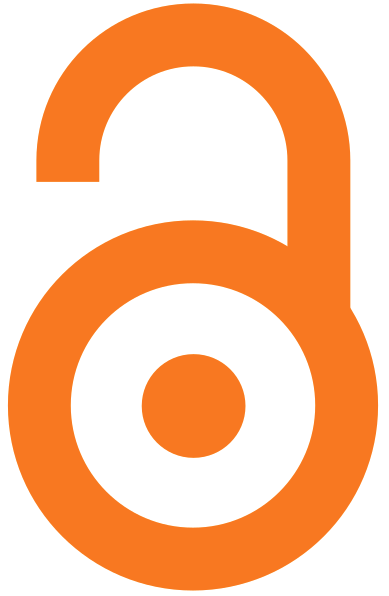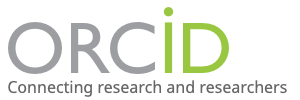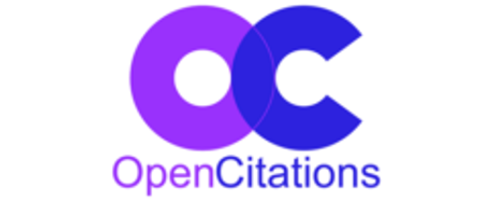In the same section
-
Share this page
Support for fair open access to scientific information

Faced with the dominance of large commercial publishers and the increasing costs they generate, both in terms of paying journal subscriptions and paying APCs for publishing open access articles, it is necessary to support another model of sustainable, non-commercial open access scholarly publishing, implemented by the scientific community for the scientific community, in accordance with the principles of « Fair Open Access ».
To this end, the ULB has set up a budget to support open scholarly communication initiatives.
This fund aims to support :
- non-commercial publishing initiatives implemented by scholars, providing open access to scientific content and/or allowing researchers to publish in open access at no cost to the author (Diamond OA - without payment of APC by the author) ;
- non-commercial open infrastructures by and for the scholarly community, enabling this community to collect, store, organise, access, share and evaluate research;
- the publication of books in immediate open access, published by the ULB publishing house, Editions de l’Université de Bruxelles.
Initiatives supported by ULB

Non-profit organization of researchers offering peer review, recommendation and publication of scientific articles in open access for free. There are more than 15 thematic communities.
Do you have an idea for a fair Open Access initiative to support?
Contact Monica MINNECIService de support aux missions transversales
Tél : +32 (0)2 650 49 95
monica.minneci@ulb.be
More about Fair Open Access
Fair Open Access is based on a diverse scholarly publishing ecosystem, preserving bibliodiversity, improving access to research outputs, allowing the scholarly community to regain control of the publishing system on a not-for-profit basis, and removing any financial constraints on the author.
There are many non-profit initiatives aimed at enabling the scientific community to regain control of scientific publishing, both in terms of dissemination of research results (open access journals and books) and infrastructure (such as publication measurement tools independent of the major scientific publishers).
These initiatives need the support of the scholarly community.
Aligned with the EUA's Open Science Agenda 2025, ULB wants to support "a just scholarly publishing ecosystem that is transparent, diverse, economically affordable and sustainable, technically interoperable, and steered by the research community and its institutions [...]. " " (The EUA Open Science Agenda 2025, February 2022, European University Association.)
This is why ULB has set up a budget to support fair Open Access initiatives.
“If you only give resources to paywalled content, all you’ll get is paywalls”
(Lucy Barnes, COPIM, Webinar Open Access Books – making it work, 16/02/2022).








